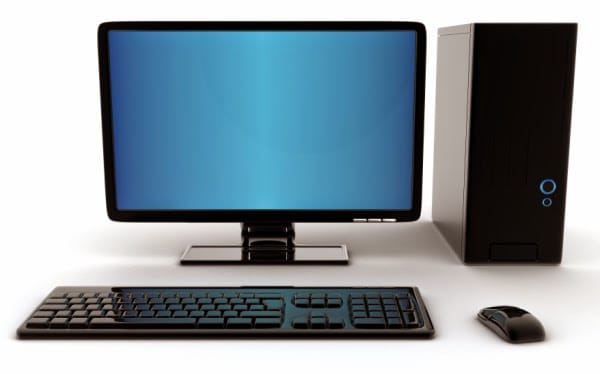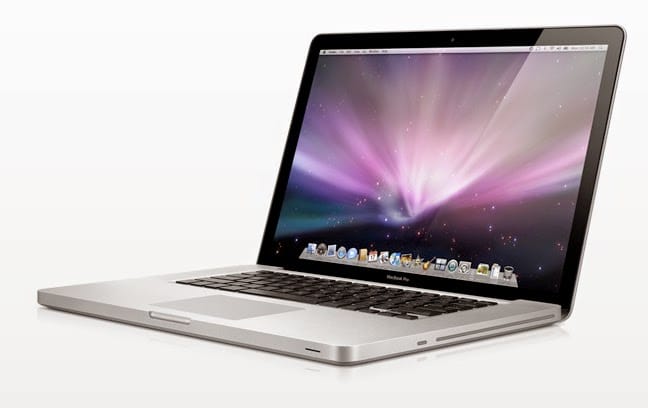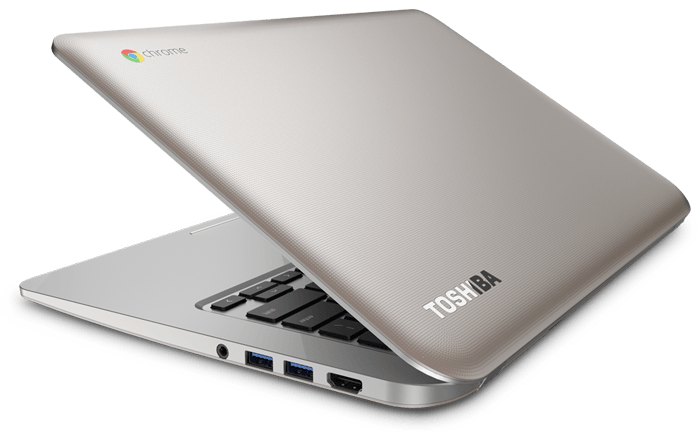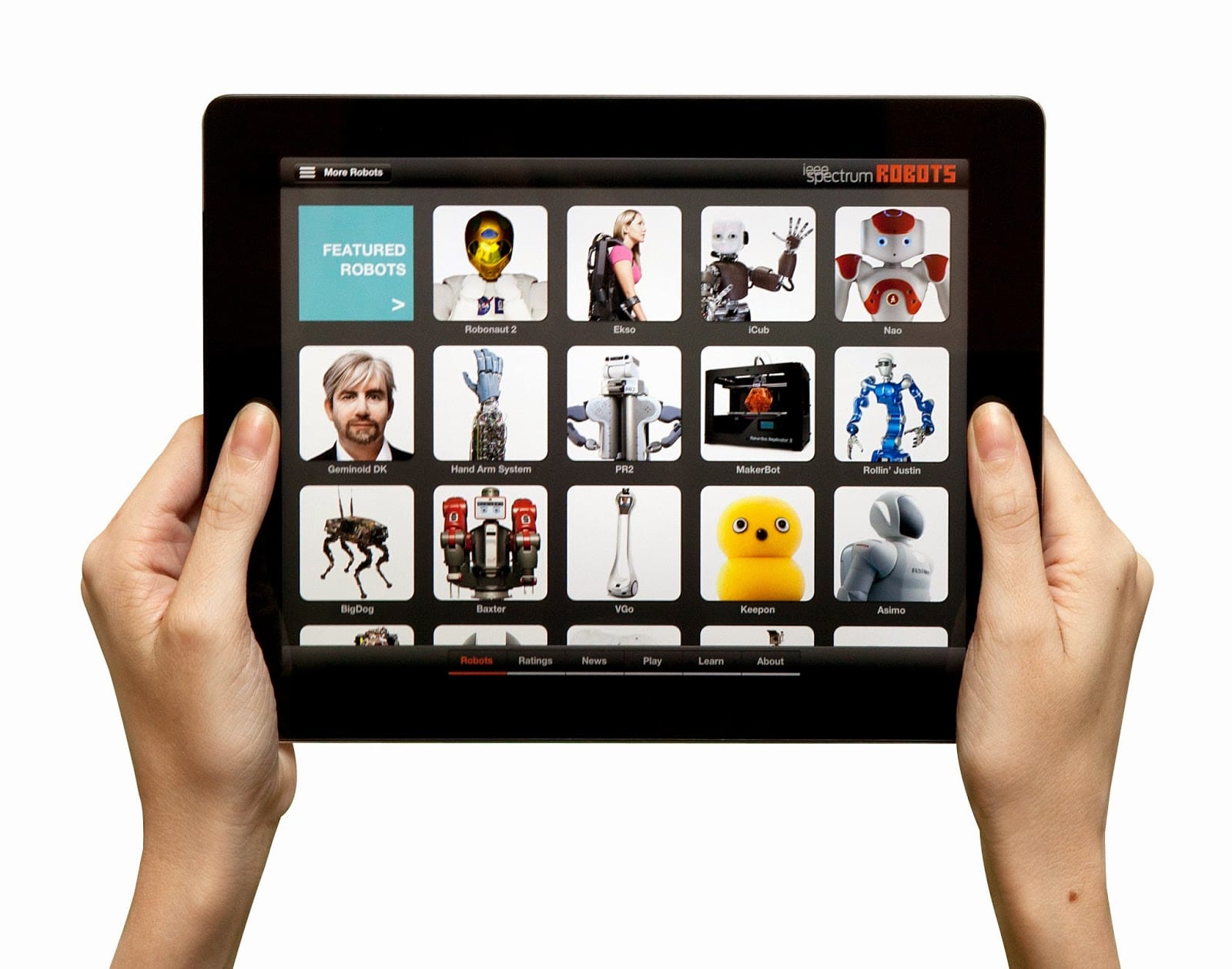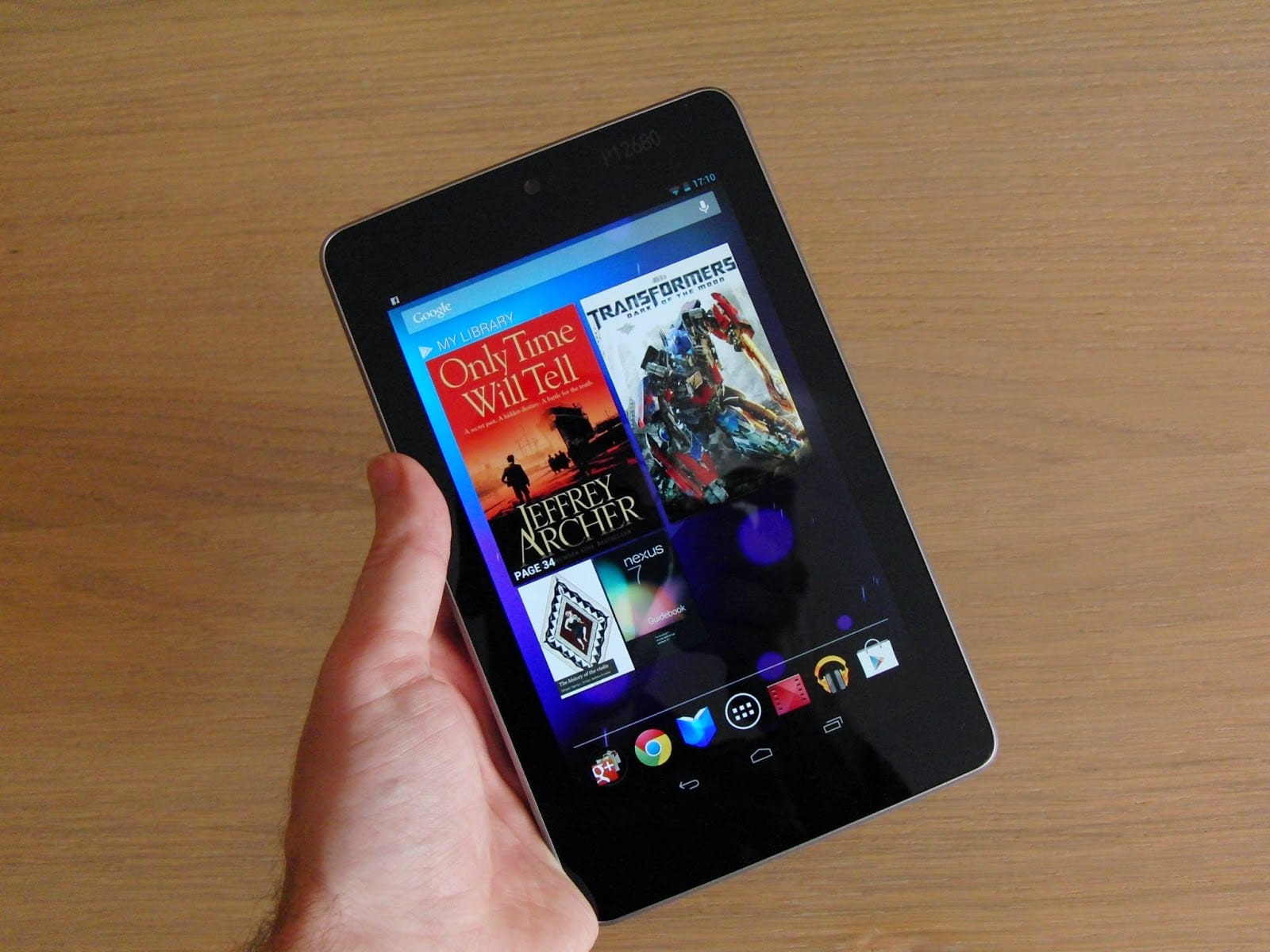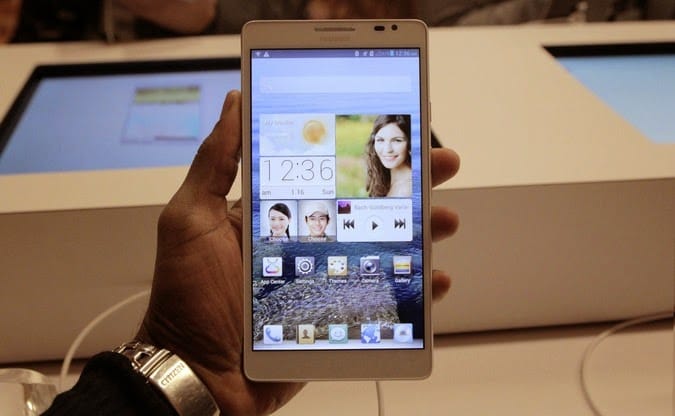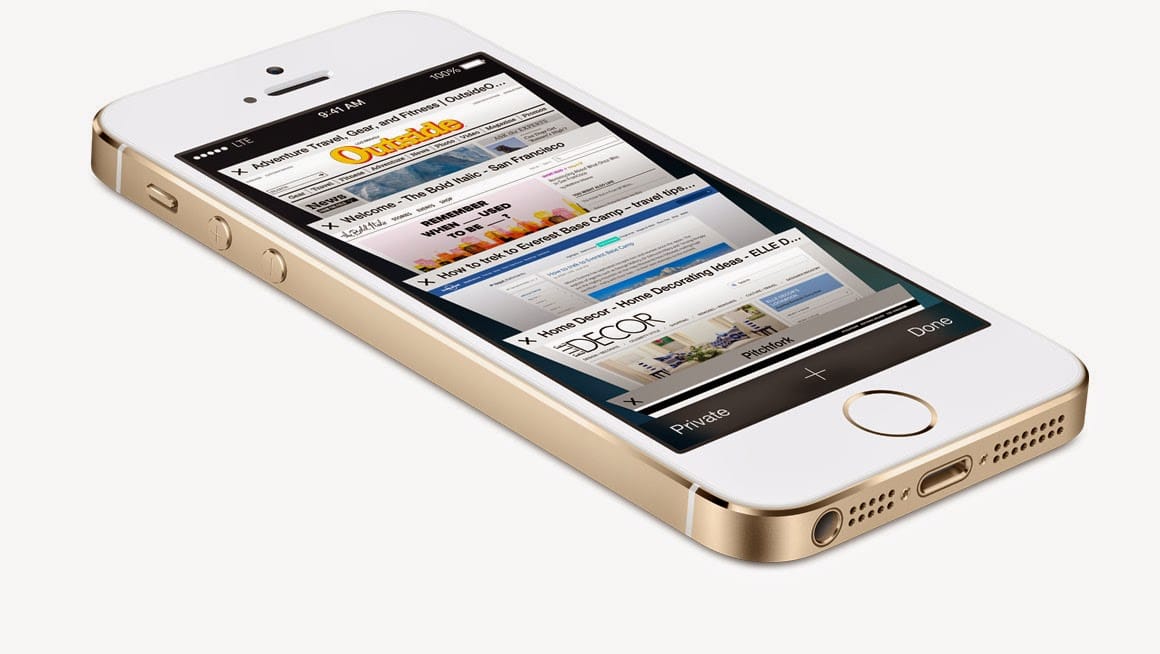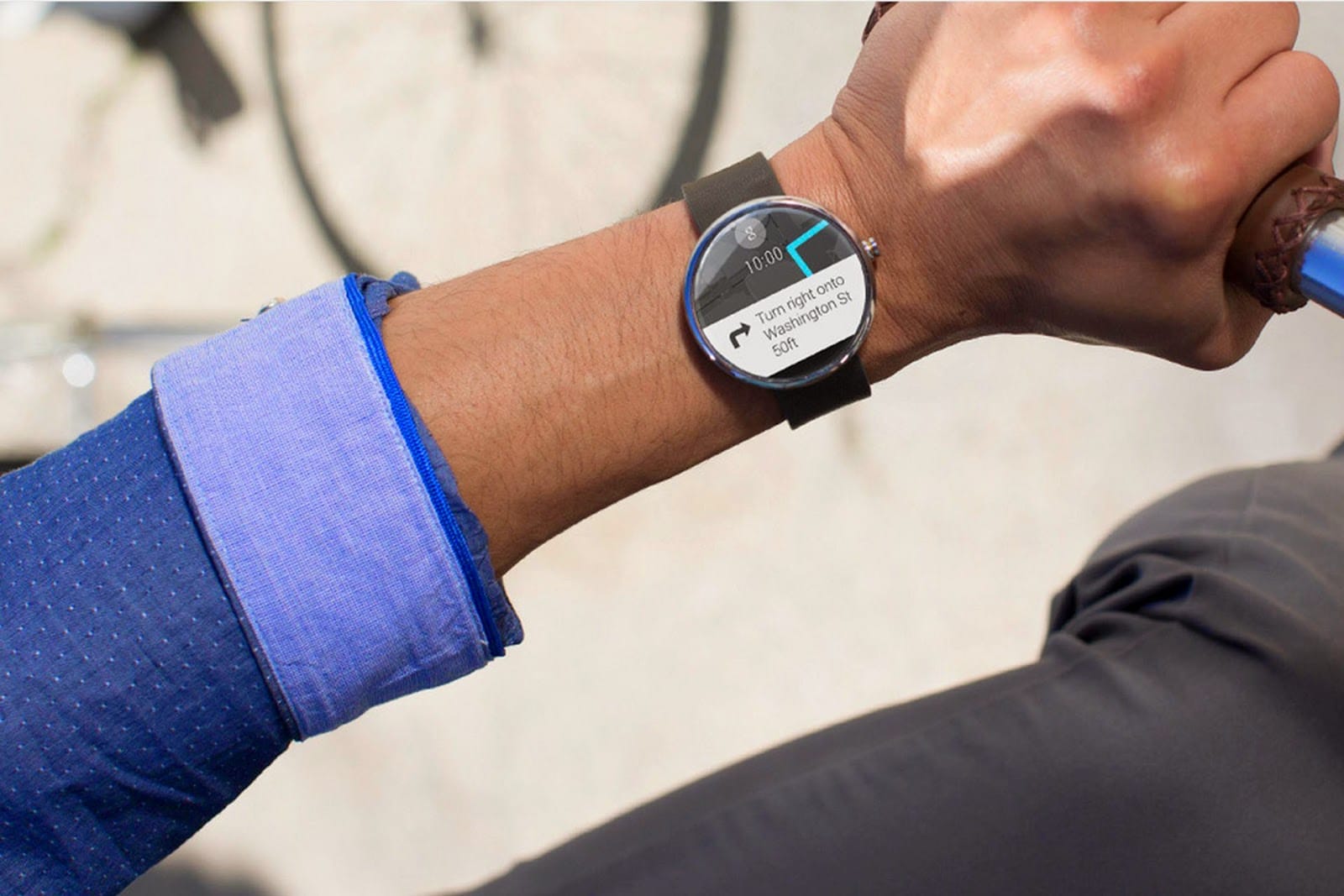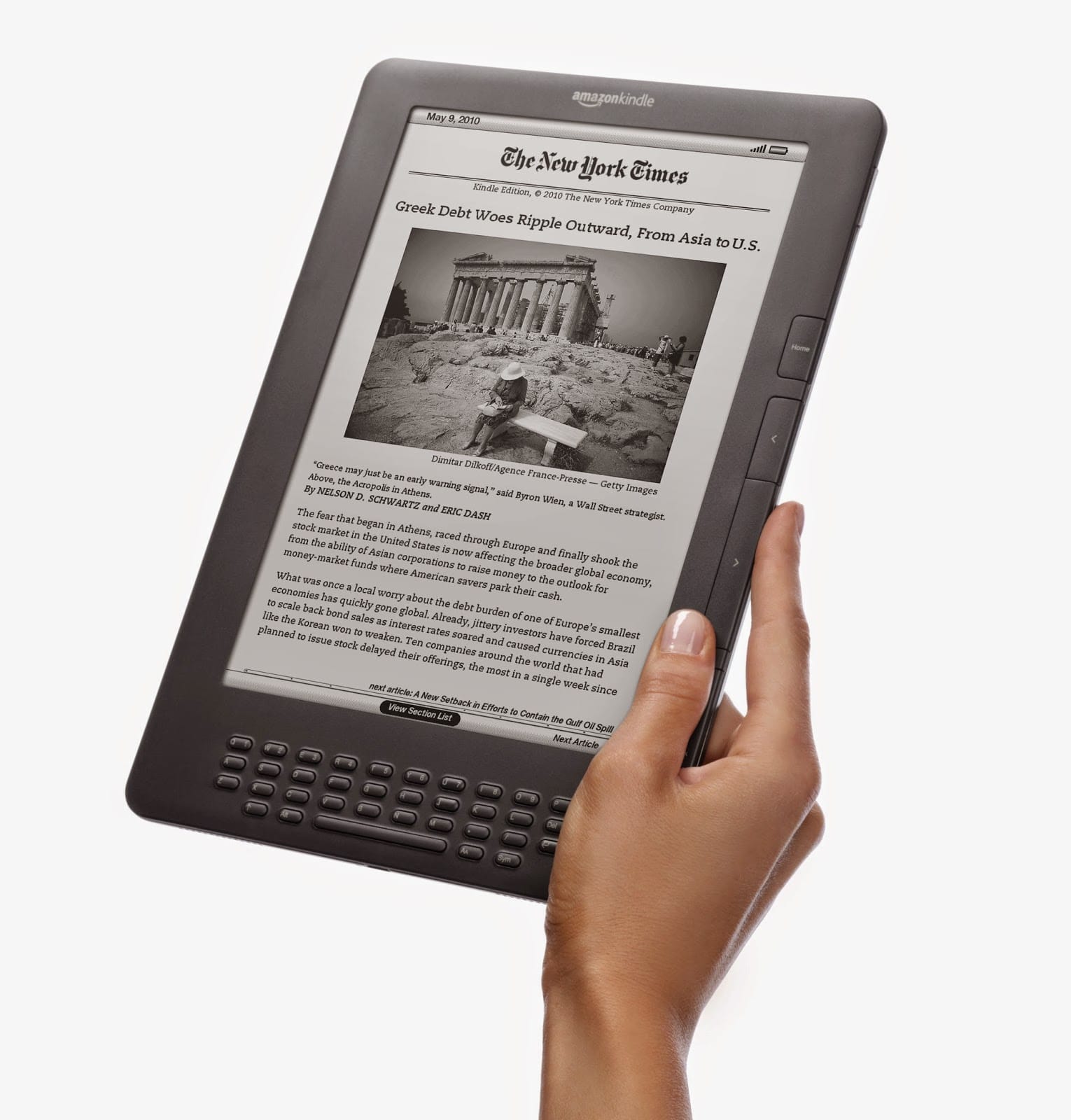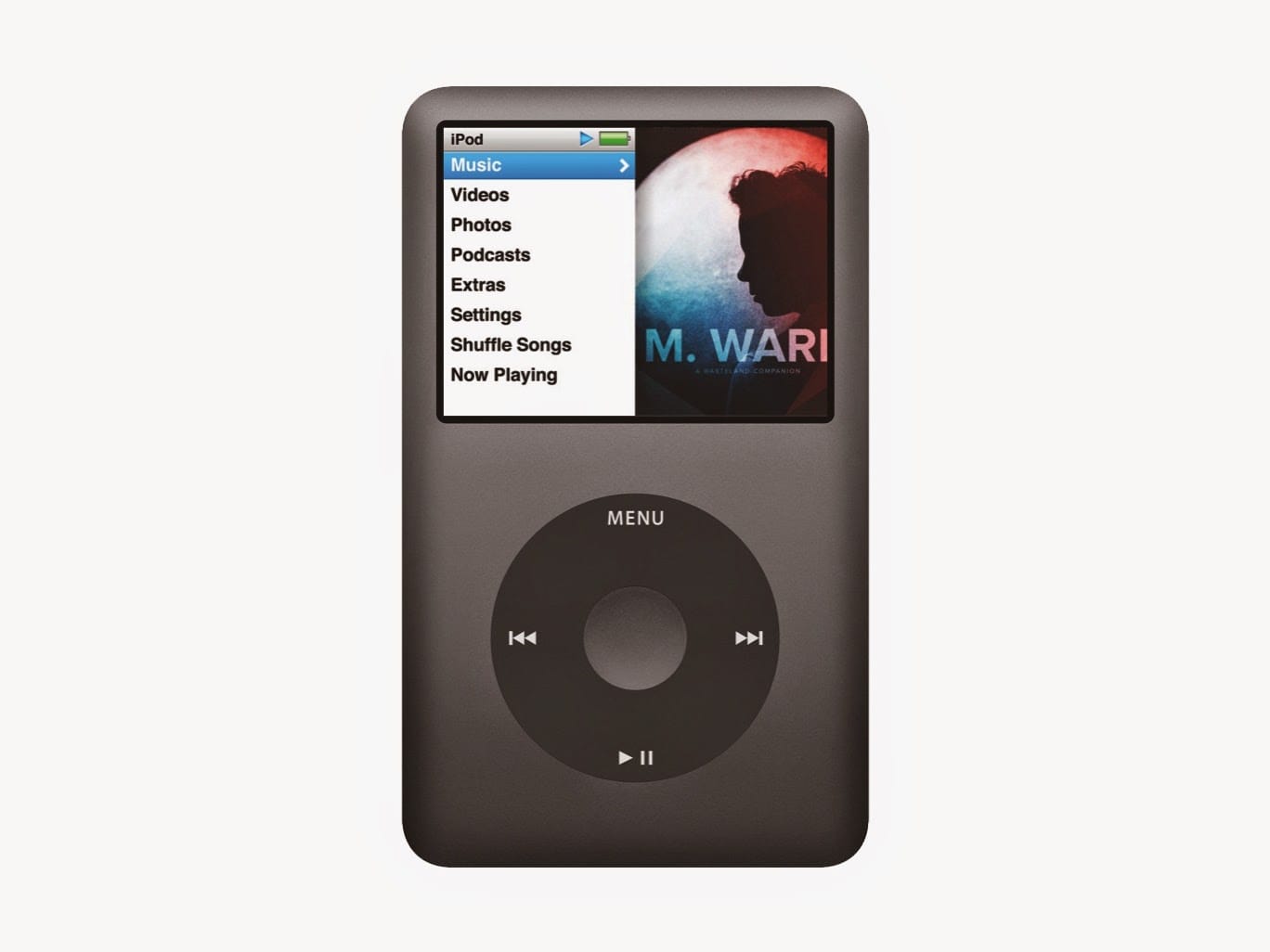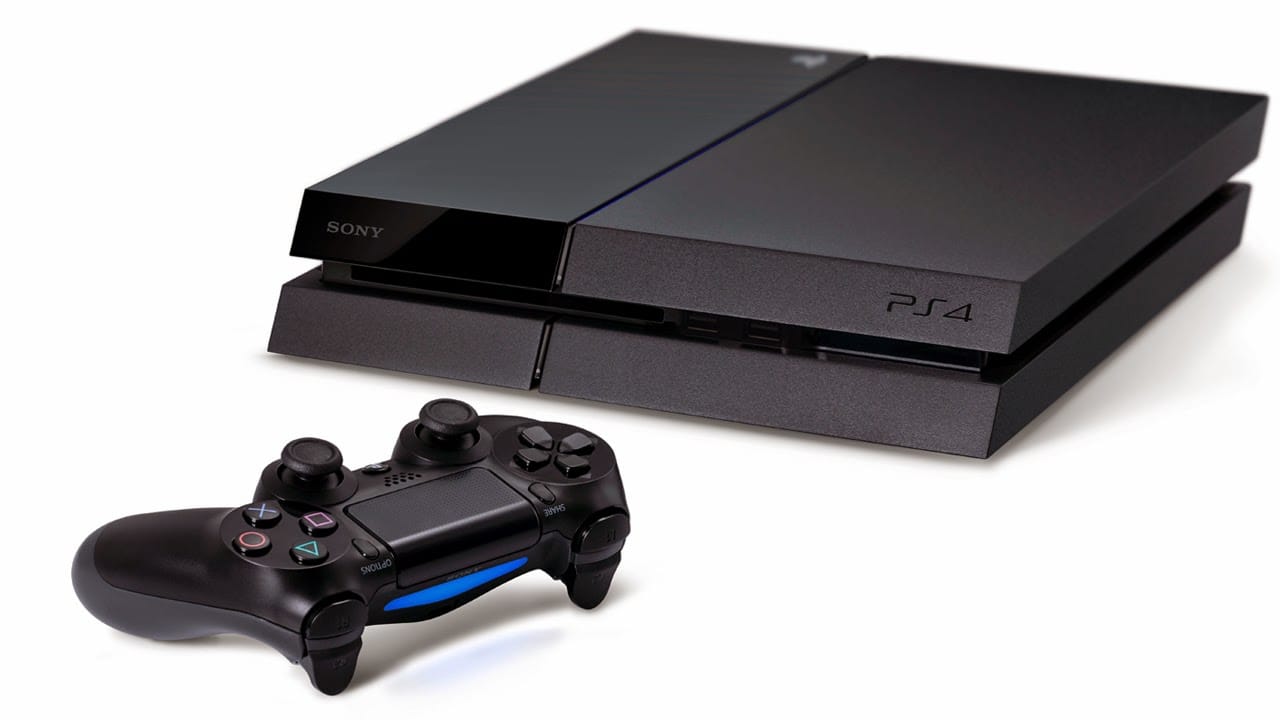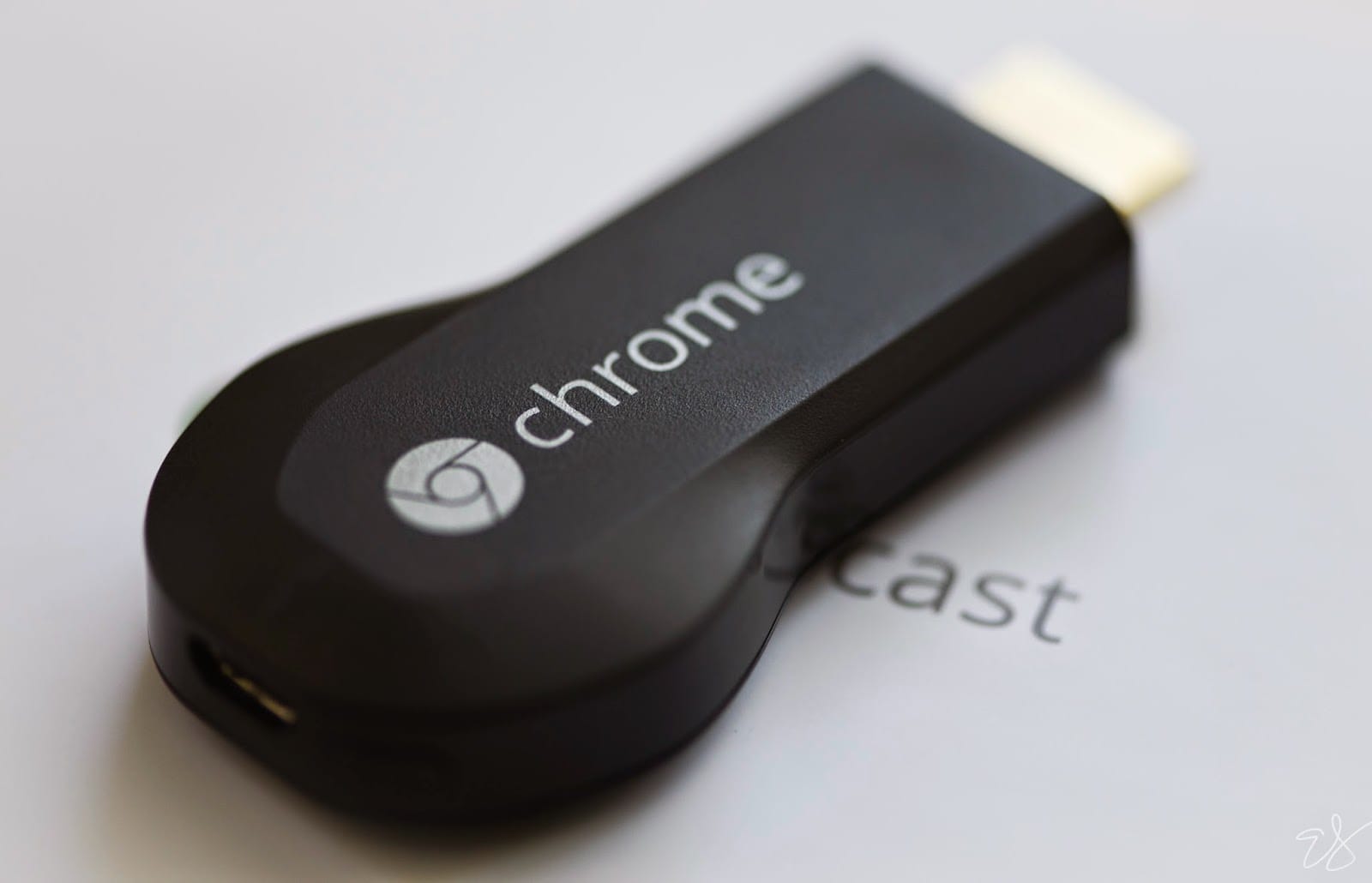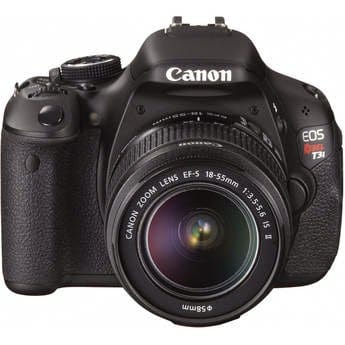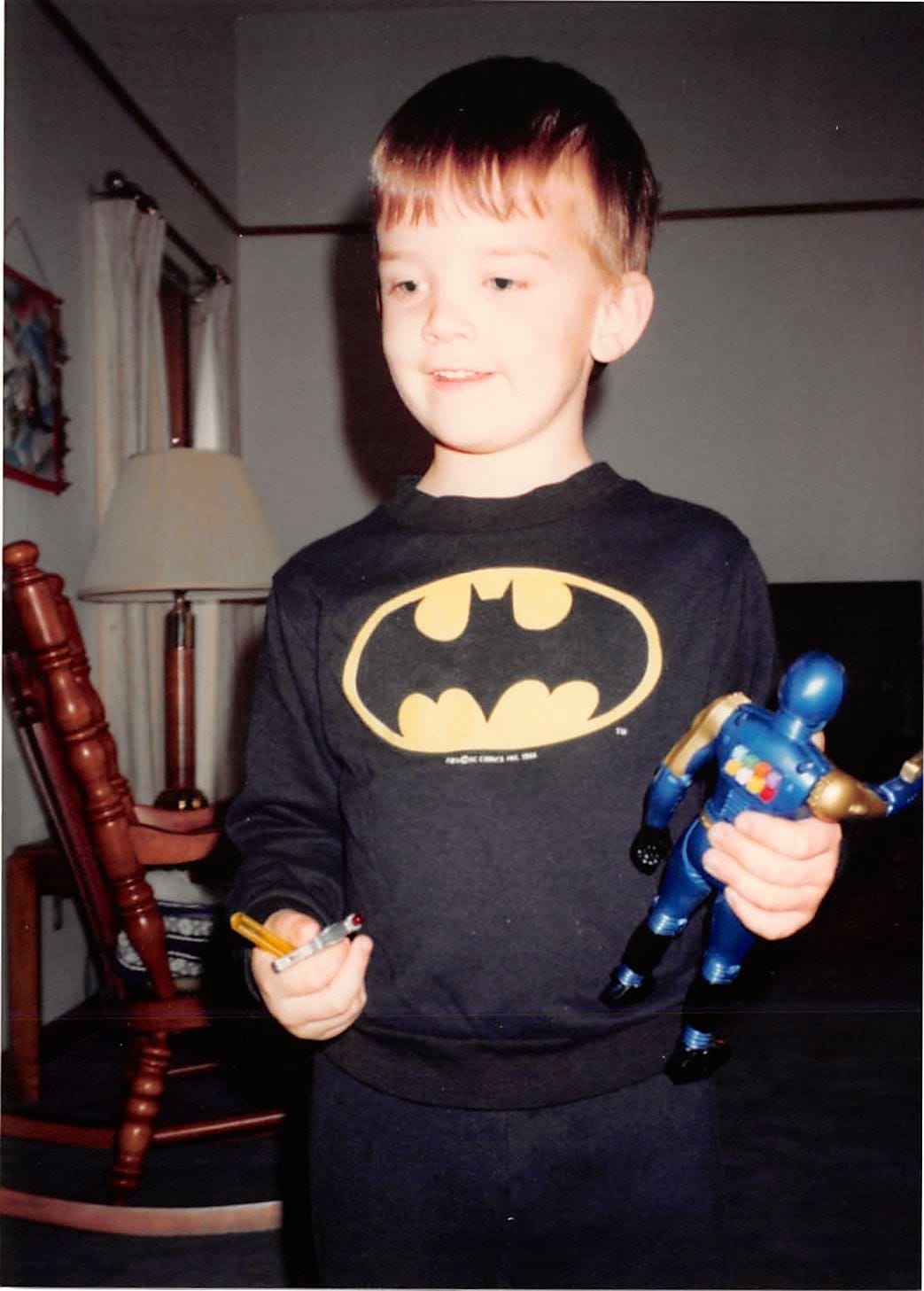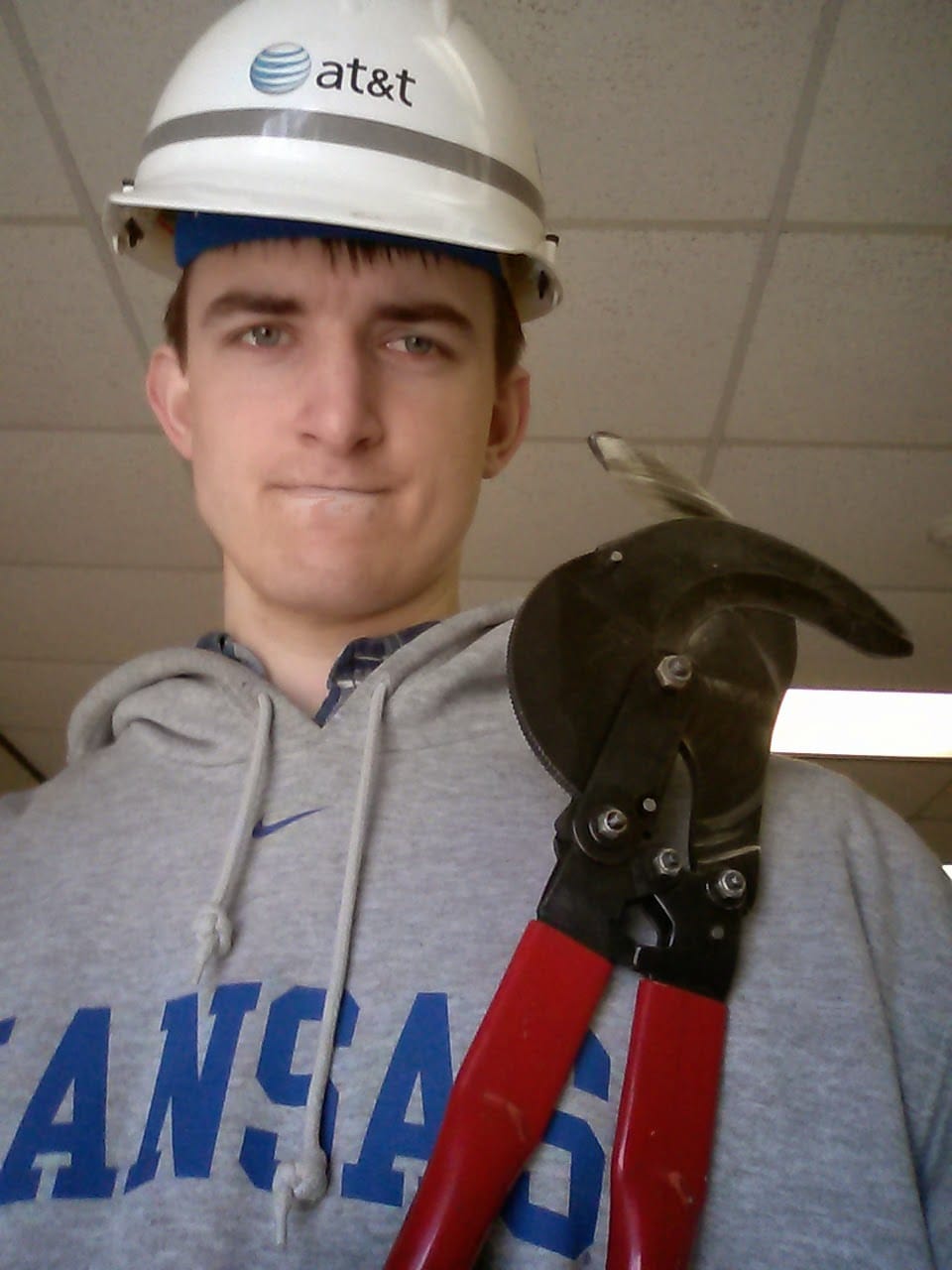Motto: I wrote this on a laptop
I’ve been interested in consumer technology since I reached my teenage years. That interest has never waned, and I’ve done tons of thinking about the subject. I have come up with a new thought experiment that I’d like to do with you guys - “What is each type of consumer tech good for, and what combinations make the most sense together?” I’m going to list what each piece of tech is and what it does. Most of this might be obvious, so if it looks boring you can just skip until you see me listing combinations. That should be more interesting. What pieces of consumer electronics are available and what are they good for? Desktop Computer
Desktops computers are the most powerful, most flexible thing on this list. Desktops are the best when it comes to photo & video editing, powerhouse gaming, computer programming, insane multitasking, and anything else that’s processor-intensive. It would be possible to do anything you want to do and to do it better and cheaper with a desktop computer. You just can’t move it anywhere. Laptop Computer/ultrabooks
Laptop computers are the second most powerful thing on this list. A high-octane laptop can be every bit as powerful as a medium-to-high level desktop. The problem is the price. I’ve done some research, a laptop computer will generally be 50% more expensive than a desktop computer with similar specifications. Laptops are the only option for portability with no compromises. Chromebooks/cheap laptops
Cheap laptops (either Chromebooks or really low-powered Windows machines) aren’t good for anything beyond web browsing. This isn’t necessarily a bad thing, though. In fact, that’s the beauty of the Chromebook. If you are going to go this route, I highly suggest going with a Chromebook. If your hope is to play games, write code, do heavy multitasking, and/or edit photos, videos, or music, I really don’t recommend anything in this category, Chromebook or not. “Large” Tablet
I’m calling any tablet over 8 inches “large”. The iPad is a “large” tablet. They blend portability and productivity and skew towards the portability side of things. Tablets of this size are surprisingly powerful devices, though. Given specific situations, they could be everybit as useful as any of the above when it comes to getting things done. It’s common to see full-blown physical keyboards attached to tablets of this size, turning them into some sort of a quasi-laptop. “Small” Tablet
Tablets sized at 8 inches or less are what I’d call “small” or “personal” tablets. The iPad Mini is a “small” tablet. These guys fill a special niche as content consumption devices. They fit just about anywhere you want to put them and provide surprisingly decent user experience for watching Netflix, playing lightweight games, or browsing the internet. For a couple of years this was my favorite type of device on this list. However, their limited screen realestate make them much less useful for doing anything productive. You probably won’t see a physical keyboard attached to any of these in the wild; and if you do, it will look silly. Small tablets clash with the next item up for review. Phablet
Just like the difference between “large” and “small” tablets, there is no official, universally accepted cutoff between a phablet and a phone. Personally I’d stick the cutoff point at around 5.5 inches. Anything at 5.5 inches or above really becomes unfeasabile for one-handed operation. People who use phablets generally swear by them. Their large screen realestate makes for a more compelling user experience than you’d find on their smaller brethern. This comes at the expense of massive pocket bulges when you aren’t using the device. I’ve never owned a phablet, but that’s more becuase there’s never been one that runs stock Android. You usually find phablets with crappy OEM software to make use of the stylus that most phablets will come with. If you have a phablet, you might have a hard time finding a usage case for a small tablet. The day I got a phone with a 5 inch 1080p display I basically quit using the 7 inch Nexus 7… and I don’t even consider 5 inches “phablet” territory. Phone
Phones. We all have them. They’ve completely changed how everything in the world works in less than 10 years. The day you get your first smartphone is the day you are no longer ever lost, uninformed, unable to take pictures, record video or audio. Phones are the ultimate “personal computer” and they are by far the most interesting thing that’s happened in the realm of consumer electronics since the first consumer-targeted desktops came about. Of all the devices on this list, a phone is probably the most important, probably the one you use more often than any others, and probably the best thing on this list. In developing countries a person’s phone is likely their only computer. As I wrote about in Column #168, a phone isn’t just a phone. It’s a mobile internet device, pedometer, flashlight, still camera, video camera, mp3 player, mp4 player, stopwatch, alarm clock, GPS navigation system, portable wifi hotspot, electronic level, scientific calculator, instrument tuner, radio, audio recorder, electronic library, electronic notebook, personal digital assistant, game boy, barometer, USB memory stick, and a portable television. I left off that list electronic book, dictionary/thesaurus/encyclopedia/anything else from the internet, mirror, pager, and… oh yeah… phone. Wearable
“Wearable” is a generic term for a piece of computing tech that you wear on your body. More often than not wearables take the form or a watch, but they could also be warn on the head, neck, or really just about anywhere. The most exciting wearable platform available today is Android Wear… but there’s a solid chance that Apple will announce their wearable device in less than a week and change this. Wearables are most often used for instant notifications and “the quanified self”, but they may have other uses now or in the future. Wearables are meant to augment other consumer tech. You generally wouldn’t own ONLY a smartwatch, or something. That’d be weird. e-Readers
Books with batteries. An entire library in the small pocket on your backpack. Some with days’ worth of battery life. Some with sophisticated applications and computer-like features. E-readers are content consumptions devices that specialize in written content. MP3 Players
From the iPod shuffle to the iPod Touch, MP3 players are devices whose primary purpose may or may not be to serve music up directly into your ears. Video Game Consoles
All video game consoles are essentially just highly specialized desktop computers. Notice I didn’t say “highly powerful”, as the most powerful of all gaming devices will never be the consoles that are specifically dedicated to do just that. Video game consoles are media consumption devices that you use from 10 feet away. They try to be media streamers and digital libraries, but I think more often than not they are just used to play games with. TV Streaming Boxes
From the Roku to the Chromecast to Apple TV and Amazon’s Fire TV, TV streaming sticks are all about getting content from the internet or your computer onto your TV. They might offer some lightweight gaming functionality, but generally are used for binge watching Orange is the New Black. On a related note, I’m very much looking forward to Android TV. Cameras and Video Cameras
I’m including these for a sense of pseudocompleteness. Cameras and videocameras are like larger, highly specialized phones. Say that sentence 10 years ago and you’d sound crazy. All of the above is probably stuff you already knew. I’m sorry if it was boring. Now is the part where I get to editorialize and have some fun. What combinations of the above items make the most sense for different people in different situations? You: Kid
Tech Setup: Small tablet, probably ruggedized in some fashion. Alternate: None. Just, none. You aren’t creating content. You have nothing “productive” to do. You are small, so using something small is probably ideal. A phone might be overkill (phones usually mean monthly costs to keep an active connection). As a side note: I’m not a fan of seeing kids in resturants playing on iPads. You: High schooler
Tech setup: Phone, borrowed computer, possibly video game console and/or tablet Alternate: Phone, desktop You can drive! Good for you! You probably should keep an active connection to the internet. You probably need access to a computer, but probably not often enough to warrant the expense of a dedicated machine (either laptop or desktop). You may or may not have a video game console or a tablet. I could also imagine another possibility where you DO have a computer, it lives at home and acts as your gaming machine on which you also do some homework. You: College student
Tech setup: Phone, Laptop, possibly e-Reader, video game console Alternate: Phone, Chromebook, Desktop You have actual homework and access to a computer is pretty much required. You need portability so you can work in the library. Your two potable computing options are a full-blown laptop that you use as your only computer or a Chromebook that you use to take notes on, write papers on, or, if needed, remote into your desktop at home. Also, obviously, you’ll need a phone because snapchat and Clash of Clans. You: Working adult
Tech setup: Phone, Tablet, Laptop Alternate: Phone, Tablet, Desktop Alternate: Phablet, Laptop Alternate: Phone, Chromebook, Desktop Probably addition: TV Streaming Box You are the basic computer user. You have occasional needs for sophisticated programs running outside of the browser, be it video editing, photo editing, videogaming, or something else. You most often find yourself doing light internet browsing using your secondary computing device. Maybe relaxing on the couch with an iPad while the TV plays for background noise. This is probably the most common setup there is. You: Working adult without the need for any specialty programs
Tech setup: Phone Alternate: Phone, tablet Alternate: Phone, Chromebook What you need to do can be done online. Furthermore, it can be done fairly easily from your phone. You may want to supplement your phone with something with a bigger screen and perhaps a hardware keyboard, but you definitely don’t need a machine that’s capable of running Diablo or Final Cut Pro. Those things are for new age hippies anyway. You: Rich Nerd
Tech setup: Phone, Game Console, Tablet Small, Tablet Large, Laptop, Chromebook, Desktop, 2 wearables, and up to 3 TV streaming boxes Alternate: More crap You want it all. Even though you’ve got an iPhone , MacBook Pro, iPad, iPad Mini, iMac, a fitbit, an older fitbit that no longer works, 2 Apple TVs, and a Wii U, you are probably going to go ahead and get the iWatch or whatever they call it when it comes out. You’re going to get it because you CAN and that’s the way things work. Bonus round: What it would be like living with ONLY one device
Desktop: You’d be able to do anything you want… so long as you didn’t leave that desk.
Laptop: You’d be able to do anything you want… so long as you’re near an outlet because you’ve worn your battery out.
Chromebook: You’d be able to email and browse the internet like the best of us. You’d aslo be able to listen to music, watch videos, and still do most things. You’d have a harder time finding a way to use it to make phonecalls than you would with a full-blown computer.
Large tablet: You could make this work… but it would be wonky.
Small tablet: You could make this work, and it would be less wonky… but you’d have a hard time getting anything productive done.
Phablet: You’d be slightly better off than the “only have a phone” guys.
Phone: You’d only have a phone… but let’s face it, that’s still amazing and way better than having a phone, computer, camera, etc from 15 years ago.
Wearable: You’d be weird.
Game Console: You’d be 7 years old.
Notice how MP3 players don’t show up anywhere on any of these lists? That’s because they are going extinct.
Top 5: Tech Predictions
5. The cell phone will always be the most important, most “personal” of any of piece of consumer tech. It will be the central hub of your communications and will probably take on new roles in the future, both in the developing and developed worlds. 4. Wearables will become more mainstream and will behave as an extension of your phone, not as a replacement to it. 3. We will see a unification of devices. MP3 players will die out. The line between gaming consoles and TV streaming boxes will blur. All phones will have similar specs, similar User Interfaces, and similar looks. These predictions are easy - because they’ve pretty much already happened. 2. Sometime the United States will figure out a system to make my cellphone into my wallet (for credit cards, loyalty cards, AND identification cards). My pockets will celebrate. 1. Android will turn humans into actual Androids
Quote:
“What’s a Chromebook?”
- Fewer and fewer people -

